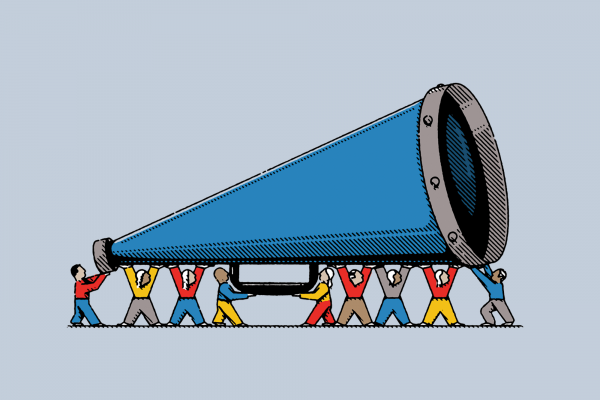ON A COLD January day in 2010, Supreme Court Justice John Paul Stevens felt so strongly about the dangers of corruption that he delivered a rare oral dissent in the Citizens United case. Decrying the majority’s “crabbed view of corruption” that focused on quid pro quo arrangements exclusively, Justice Stevens countered, “There are threats of corruption that are far more destructive to democratic society than the odd bribe. Yet the majority’s understanding of corruption would leave lawmakers impotent to address all but the most discrete abuses.”
In retrospect, the striking thing from that winter morning was not so much the existence of Steven’s oral dissent (though notable), but the basic agreement on all sides. No one on the court contested the idea that corruption poses a threat to “democratic society.” The majority and the minority simply split on whether the specific practice at issue constituted a form of corruption.
Ten years later, we cannot take the same presupposition for granted. Instead of identifying corruption as a danger to the republic, we are all too ready to treat it as an inescapable part of American life. Indeed, the rationalizations have now become as predictable as they are depressing: It may be distasteful, but both sides do it. It is a necessary evil. Get over it.
Read the Full Article

